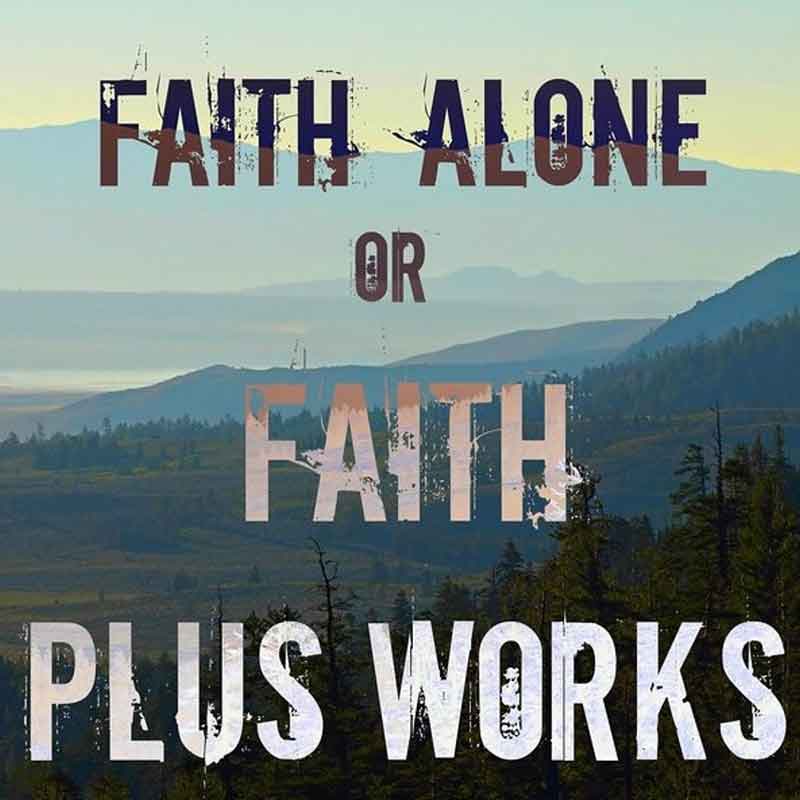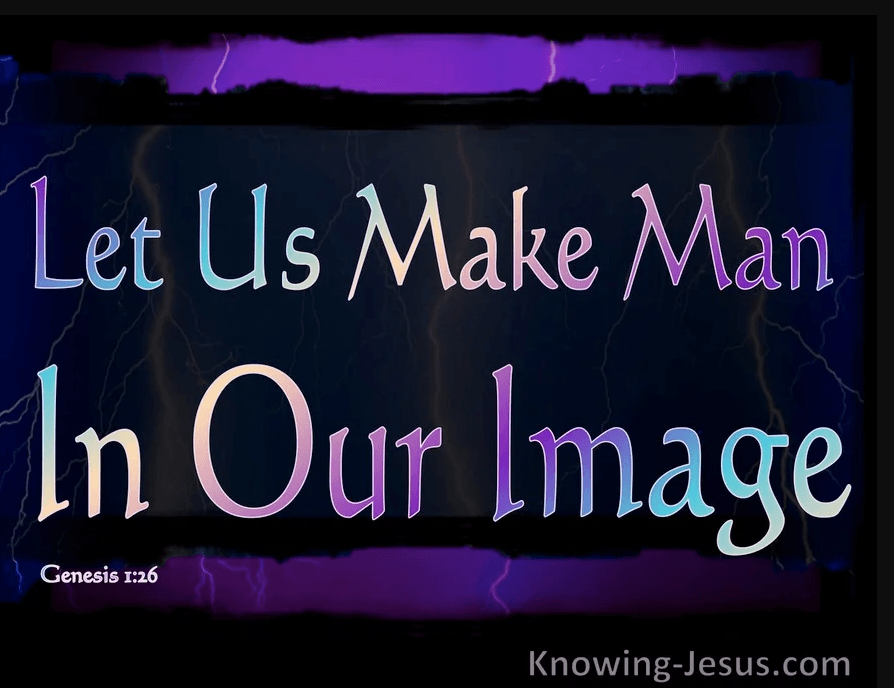What We Believe
At White Rock how we live and what we do are driven by our belief God’s love and power demonstrated in Jesus Christ. We believe in the centrality of Jesus Christ and the salvation he makes available to all people. We are a Baptist congregation with Baptist beliefs that guide how we respond to Christ’s gift of salvation. Finally, our Church Vision Statement lays out what we are striving to be as Christians and as a church.
You can explore more about what we believe through the following tabs:
Trending Blog Posts

One of the most ancient theological discussions for Christians is that of "Faith" and "Works." There is a bit of a misunderstanding in this discussion. There are two types of "works" to consider. When Paul refers to "works" he is referring to the practices of the faith that involve our rituals. For Paul that meant the practices of circumcision, diet, and the observance of holy days. Paul came to understand that these things were expressions of faith but they did not earn salvation or convey righteousness. Paul noted that his ancestors Abraham and Sarah gained God's favor through their trust, their confidence, in God (see Genesis 12.4; 15.6), and they had faith before their obedient actions. Faith lead to action. The Book of James continues and extends the discussion by asking, "If there is no appropriate action, is there faith? If I see someone who is ill fed or ill clothed and I say to him or her, "Be full and warm," that is not the appropriate action that shows my faith in Jesus. Jesus had compassion for those in need; I should imitate Jesus to show my faith. Now, let's push it a step further. What if I say I am a Christian and my behavior is not just inappropriate but harmful, even hateful. If right action affirms my Christian faith, doesn't wrong action, hurtful action, contradict it? Perhaps the modern Christian conversation is not about "faith" and "works" but about "talkers" and "doers." Perhaps the current debate is about how some can identify themselves as Christian yet be vengeful, not forgiving; intolerant, not understanding. Can I say I follow Jesus and yet be selfish, not generous or arrogant, and not humble. James said, "My talk is not proof of my faith, my deeds are." What do we say? Rev. Steven B. Lawrence

Read: First Samuel 19.1-7; 23.1-18; Second Samuel 9 Jonathan spoke well of David to his father Saul, saying to him, “The king should not sin against his servant David, because he has not sinned against you, and because his deeds have been of good service to you; for he took his life in his hand when he attacked the Philistine, and the LORD brought about a great victory for all Israel” First Samuel 19.4-5a (NRSV) The theme of this month’s lessons is “Inclusive Love.” We begin by looking at one of the greatest friendships in the Bible, that of Jonathan and David. After David defeated Goliath, Saul made him a part of his forces. Soon his prowess as a soldier and the victories the Lord granted him caused the women to sing, Saul has killed his thousands, and David his ten thousands (First Samuel 18.7). Saul became angry and jealous; soon the Spirit of the Lord had departed from him and an evil spirit took over. Saul personally tried to kill David twice and secretly plotted to have him killed in battle but the Lord was with him (18.12, 28). Finally, Saul spoke to his servants and his own son, Jonathan, about killing David. Was he aware that Jonathan and David were best friends? Jonathan made a covenant with David, because he loved him as his own soul. Jonathan stripped himself of the robe that he was wearing, and gave it to David, and his armor, and even his sword and his bow and his belt (18.3-4). Jonathan took it upon himself to be the mediator between his father and his friend. He warned David to keep out of Saul’s sight and he reasoned with his father. He reminded him of David’s bravery, his loyal service and his innocence (19.4-5). Saul heeded the voice of Jonathan; Saul swore, “As the LORD lives, [David] shall not be put to death” (v.6). Jonathan was an exemplary person and a strong friend. Consider: as the heir apparent, David was as much a threat to Jonathan as to Saul, yet, instead of killing him, Jonathan befriended him, equipped him for battle, warned him of danger and interceded for him with the king. Jonathan directly disobeyed the order to kill David; he knew it was unjust and unwarranted. A true friend does more than just hope things will get better; a true friend intervenes. Reverend Steven B. Lawrence

He said, "Come." So Peter got out of the boat, started walking on the water, and came toward Jesus. But when he noticed the strong wind, he became frightened, and beginning to sink, he cried out, “Lord, save me!” Jesus immediately reached out his hand and caught him, saying to him, “You of little faith, why did you doubt?” Matthew 14.29-31 (NRSV) Matthew, Mark, and Luke each have record Jesus calming the storm (see the lesson for June 13). Only Matthew has this story of Jesus, and Peter, walking on the water. The Gospel of Matthew often features Peter as the model disciple, not because he is perfect but because his example is so teachable whether he does well or fairs poorly. Since we have already seen Jesus calm a storm (Matthew 8.26), in this lesson we can focus on Peter. We can say that Peter showed faith when he walked on water toward Jesus. But, we should also remember Peter’s bold, outspoken personality (Matthew 26.33). It fit his character to launch out before the other disciples as well as to become terrified and sink when he saw the high winds (8.30). Fortunately, when he cried out for help, Jesus was there to rescue him. There is some scolding in Jesus’ words, You of little faith, why did you doubt? (v. 31). The Greek word for doubt is “distazo.” It is not a thinking word, like “skeptical” or “cynical.” It is a physical word; it means “to hesitate,” “to vacillate,” “to be pulled in two directions.” It is what Elijah said to the people on Mount Carmel trying to worship Baal and Yahweh, How long halt ye between two opinions? (First Kings 18.21). Peter is not undecided, he is dually engaged, limping between his bold statement of faith and his actual condition of faith—he has overestimated one and underestimated the other. He believes, but not enough. He has “little faith.” On our faith journeys, we all begin with “little faith.” Faith does not grow because we become braver. Faith increases as we learn to trust God. Confidence comes with experience. Our experiences with God can grow a faith, “that shines more bright and clear when tempests rage without; that when in danger, knows no fear, in darkness, feels no doubt.” Reverend Steven B. Lawrence
Stay Connected
Stay up to date on White Rock including information on our virtual services.





